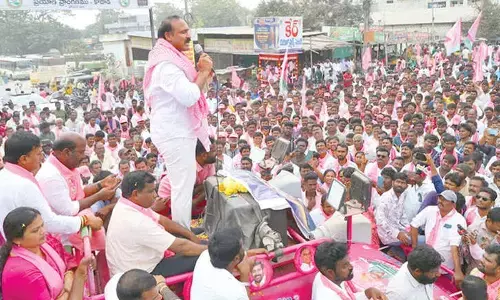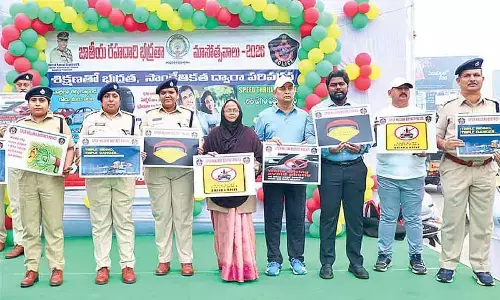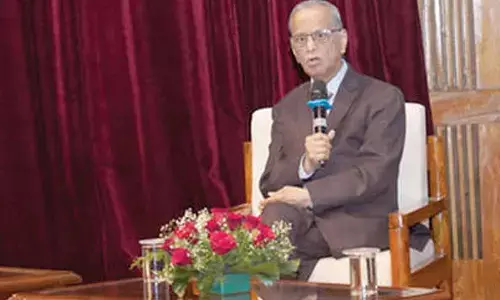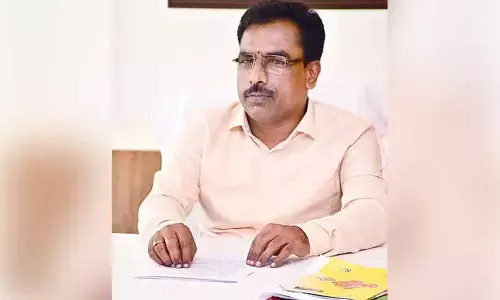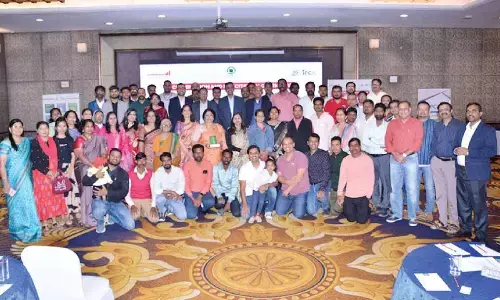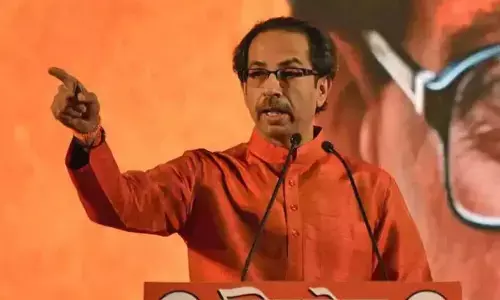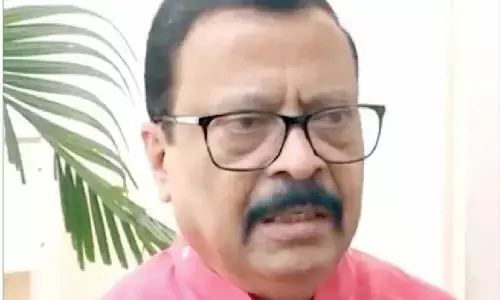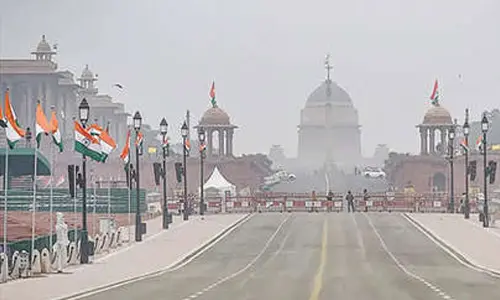Gujarat Pollution Control Board and Marwadi University conclude hackathon on waste processing, Valsad team emerges winner
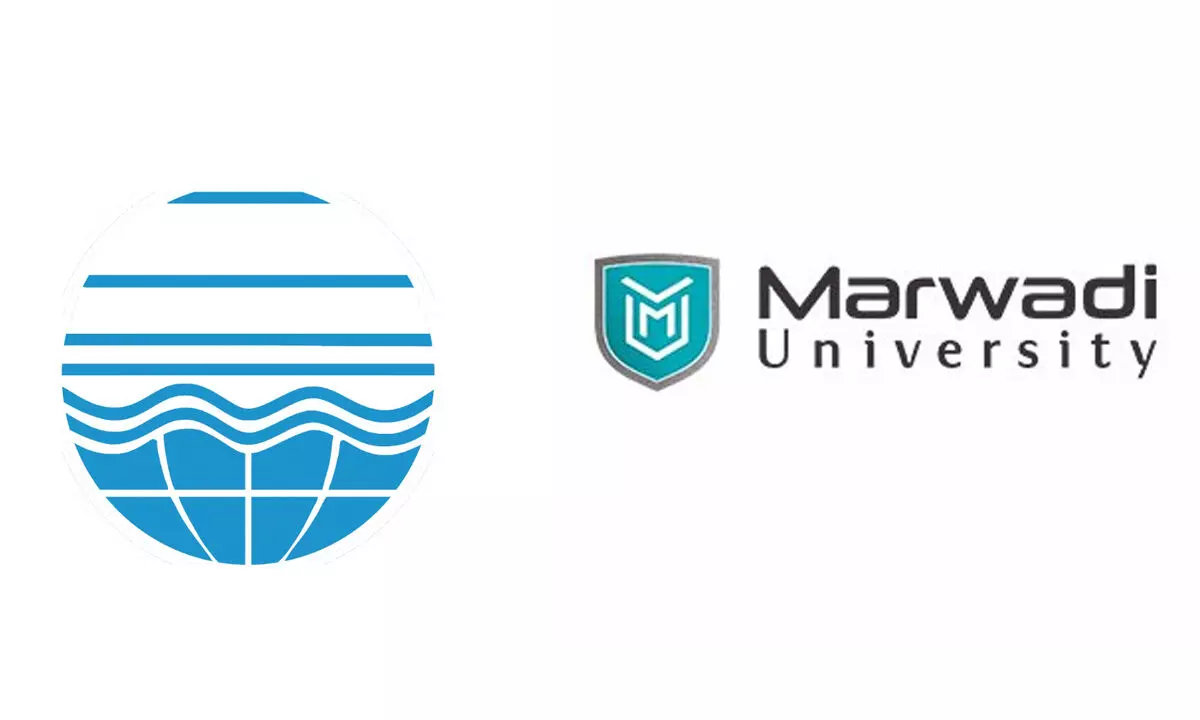
Gujarat Pollution Control Board and Marwadi University
Marwadi University (MU), in collaboration with the Gujarat Pollution Control Board (GPCB), successfully concluded a national level hackathon — "Solution for Waste Reduction” — to help find innovative solutions to waste generation.
Rajkot/New Delhi: Marwadi University (MU), in collaboration with the Gujarat Pollution Control Board (GPCB), successfully concluded a national level hackathon — "Solution for Waste Reduction” — to help find innovative solutions to waste generation. Entries of 213+ students from 94 teams were reviewed, which pertained to hazardous waste, e-waste, plastic waste, and municipal solid waste.
The team from Government Engineering College, Valsad (Gujarat), which worked on an innovative solution to convert waste PPMA plastic scrap and converting into a multi-purpose puzzle game, took home the winning prize money of INR 50,000 awarded by GPCB. Additionally, the winning team consisting Kalivarapu Pavan; Venkata Ramana; Kevin Patel, have been invited to work closely with Student Startup and Innovation Policy (SSIP), Marwadi University to pilot the innovative and potentially scale it up.
Prof. Dr R B Jadeja, Dean, Faculty of Engineering and Technology, Marwadi University, shared, "The Solution for Waste Reduction Hackathon brought together young minds to drive change and find sustainable solutions to the pressing issue of waste reduction. By encouraging participants to explore innovative ideas, we hope to contribute to the creation of a cleaner and greener future. Congratulations to the winning team."
The event witnessed enthusiastic participation of UG and PG students of STEM fields from more than 69 colleges, as well as startups associated with incubation centres of various institutions. The event also welcomed the general public, showcasing their interest in sustainability and promoting the concept of a circular economy and its role in optimising efficient use of limited resources. The event also featured various problem statements focusing on different aspects of waste management; including the design of a smart waste collection system, tracking and reducing plastic waste, utilizing food waste as an organic resource, managing e-waste, exploring the feasibility of reusing/recycling RO reject water, and finding alternative fuel and raw material solutions for hazardous waste, among others.
Dr Tarak Vora, HoD, Department of Civil Engineering at MU, expressed that, "The need to address waste reduction is paramount, especially in a country like India. The Solution for Waste Reduction Hackathon provides a valuable opportunity for participants to develop technological solutions and contribute to a more effective waste management system. We are thrilled to collaborate with the response we received and I am in awe of how students approached this problem with such innovative solutions."
According to the NITI Aayog Waste Wise Cities report, at current rates, India may generate up to 125 million metric tonnes of solid waste by 2031. Another concerning observation is on the nature of waste being generated in terms of its evolving composition from an earlier high percentage of biodegradable waste to non-biodegradable waste. Taking this into account the objectives of the hackathon were multifaceted, aimed at providing innovative solutions for waste reduction across different waste types, explore avenues to add value to waste through integration in the supply chain, and derive technological solutions for effective waste management.
Happening around World Environment Day, it aimed to create a more sustainable future by encouraging participants to focus on the principles of reducing, reusing, and recycling waste.










